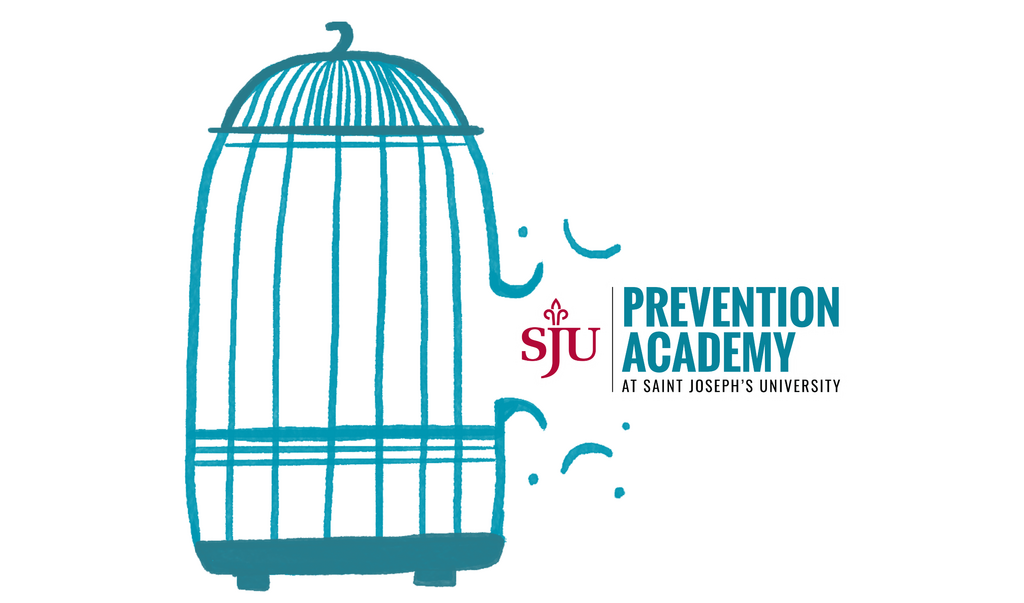
Teen Thoughts About Marijuana
By: David Sherrell
Hello again friends! Lots to talk about today, but it’s not my thoughts guiding my fingers across the keyboard. I urge you to go listen – if you haven’t already – to the powerful Choices Unfiltered podcast episode 6 (5/9/25), “Teen Talk – Marijuana”. Mike’s guest Laela shares both her own perceptions and knowledge about marijuana, and what she thinks adolescents in general are thinking and saying about this increasingly powerful and unpredictable substance.
I felt inspired to keep the conversation going, as I often am in classrooms when teens drop knowledge on me. I’m always curious about what adolescents are thinking and feeling, how they see their worlds; I hope it will be valuable to honor that perspective here by adding a bit of context. Sometimes, we teachers realize our students already have the knowledge and the wisdom they need, and our job isn’t so much to teach things as it is to highlight that fact. So please allow me to offer a big ol’ “yes, and:”

Is Laela a Time-Traveler?
Wait, hear me out. Because I’ve worked with students for sixteen years, and while they have shared all kinds of wisdom with me that I lacked until they enlightened me, the deeper social truths usually take more decades to dawn than teenagers have, with their, y’know, two max. I have no reasonable explanation for how this knowledge wound up in Laela’s head, except that she got the opportunity I’ve always wanted: to be in high school and have a conversation with my older self. Here’s some but not all of what she said that I have always wished I’d understood at 16.
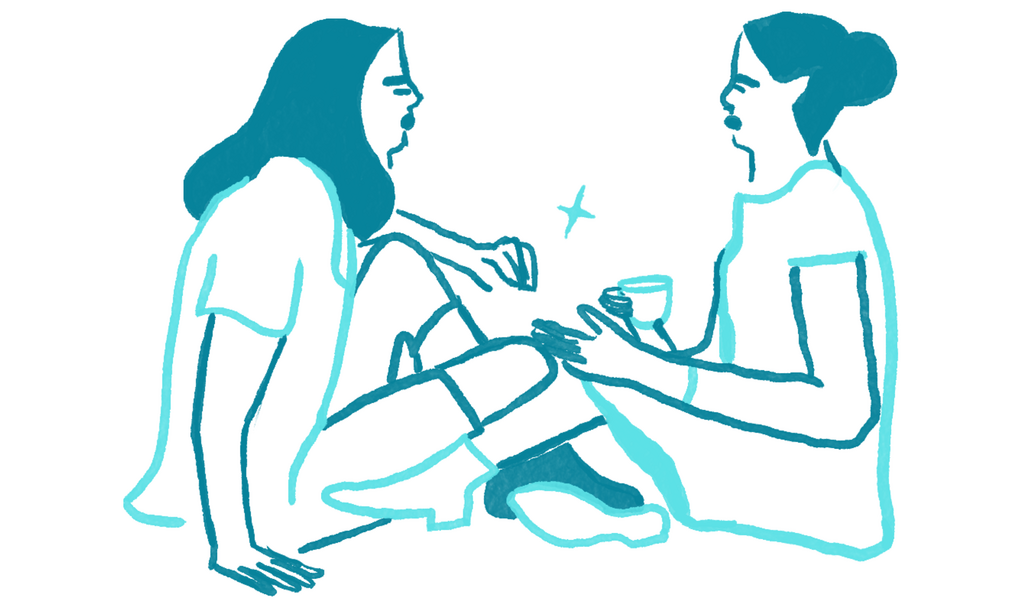
“If you’re with the right people, you don’t feel pressured into it.” Ain’t that the truth? Because even if there are some people around you making risky decisions, if they truly value you and your autonomy – your freedom to make your own choices without pressure from outside sources – they’ll probably tell you what John B. told me the first time I saw schoolmates using marijuana. In no uncertain terms, he said “Man if you don’t want to do it, don’t do it!” In the moment before he said that, I’d felt like I had lost the freedom to choose; once he spoke up, I didn’t feel that way anymore so I decided not to use marijuana for the first time at that juncture. Even though I did use it eventually, that verbal permission to choose for myself was not meaningless. It helped me delay my first use of marijuana for over two years, a series of decisions I made over that time that helped protect my brain and avoid some negative health consequences - even though I did ultimately become addicted to it. So thanks John B.! Shout out to a real one.
I hope the people you hang with, whether they make risky decisions for themselves or not, are equally willing to protect and support your freedom to choose without pressure. If they’re not – know that such people exist, will find you in time, and will always have your back.
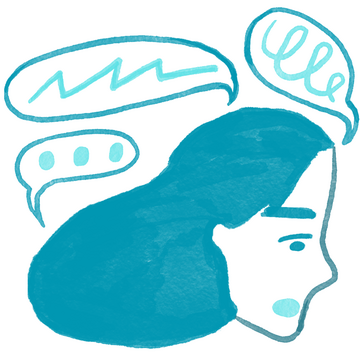
“You’re not the only one in the room that’s not doing it.” This is so key. As I write to you more, you’ll often hear me reference the social norms approach to prevention (SNA). (It’s the subject of my own Choices Unfiltered interview.) It’s the theoretical basis for Prevention Academy’s educational programming, and probably the most consistent finding from research into “what works?” when it comes to substance misuse prevention. Basically, SNA says that we tend to greatly overestimate the prevalence, the numerical commonality, of risky behaviors going on around us – and to greatly underestimate the prevalence of related healthy behaviors. It’s a tendency we all have when it comes to risky behaviors that have some degree of social acceptability. Before I used any addictive substances for the first time, if I was at a party where they were being used, I very much believed – felt, in that skin-crawling way where even though you can’t prove it you’re certain everyone in the room you can’t directly see is staring at you – that I was the only person without a drug in my system. Not once was that actually the case.
The main concern with that overestimation and that isolated sensation, SNA tells us, is that most people want to be perceived as doing what is normal. Next time you get in an elevator with someone else, face a corner and see what happens. How do you think others will react? How will you feel?
Exactly. We mostly want to be seen as normal most of the time. Special, sure, unique as we all are, but normal. If you think substance misuse while you’re still developing is the norm, that you’re less normal for making healthy decisions about addictive substances, and you’re at a party where some of that is happening, you might find yourself feeling like the weirdo in the elevator facing the corner. What might you do, when feeling that degree of awkward isolation in a social environment, to make that feeling subside?
Thankfully, here’s Laela to tell us that no, even when your nerve endings are buzzing to tell you that you are in some important way not conforming and you’re the only one and it’s bad, it’s not true. Other people in that room are making the same healthy decision you are. So, as she also says,
“You don’t have to feel pressured… It’s more cool to be comfortable and, like, be having fun than it is to be doing something you don’t really want to do.”
See why I’m pretty sure we’re dealing with a time traveler here? This is the kind of stuff it usually takes people a very, very long time to learn well enough to internalize it so they can make decisions accordingly. I’m proof! The last time I sat and let myself be uncomfortable in the face of peer pressure, ultimately giving into it instead of choosing my own comfort in a social situation, I was thirty-four years old. And the peers pressuring me were other Prevention Specialists! I regret the heck out of that roller coaster ride. (No, literally, they were pressuring me to ride a roller coaster. Which I then rode. And remembered why I don’t like roller coasters, something I learned about myself in eighth grade. So why did I ride one at 34?)
Then Laela grabs onto something I’ve been trying to articul
ate about peer pressure for decades and says it way better than I could: “It’s not like you’re being pushed into it, it’s like you’re being pulled.” It’s a key difference between two things. One is a time when you’re feeling fear, anxiety, at being pushed away from a healthy choice you would normally prefer to make. The other is some form of attraction towards an unhealthy risk.
Sometimes you feel the push because peers create it deliberately. Sometimes you feel the anxiety without anyone saying anything; maybe you’re not even sure specifically where it’s coming from. Sometimes it happens because we’re in an environment where multiple people are taking a similar risk and we worry that someone is going to try to force us to do the same. Even if nobody ultimately does, sometimes being in that social situation at all is enough to create the pressure.
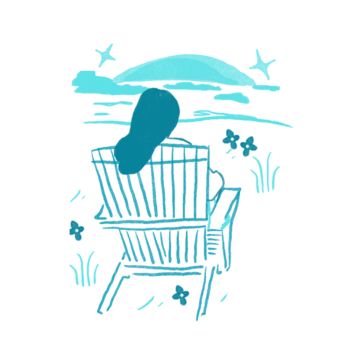
Sometimes the pull happens because someone we like who took that risk is telling us directly, “I did this and it was fun” without providing any of the further context we may need to make the healthiest decision. Sometimes it’s created by living in a culture where the risk is frequently discussed, always with some underlying assumptions about what it means for a young person to take it and what can happen as a result. Assumptions that generally contain a mix of the reasonably valid and the far less valid.
Push, pull, what difference does it make? One thing we teach at Prevention Academy is refusal skills, ways to prepare yourselves for those moments when you’re feeling the need to choose and you’re not sure whether you really have – practically speaking – the freedom to choose health. (I mean, sure, you always have the physical ability to indicate refusal, but can you endure the social consequences your anxiety is telling you may happen as a result? If you don’t feel free to refuse, whether you are free or not hardly matters.)
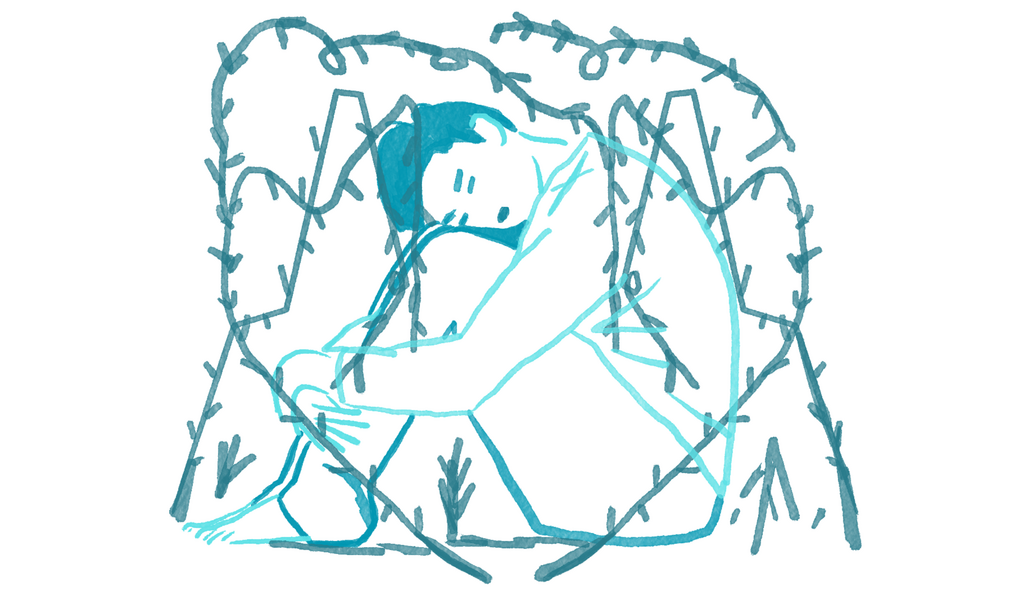
Imagine the push and the pull as physical forces instead of psychological ones. Imagine refusal skills as your ability to keep yourself from physically falling, instead of from making a risky decision you may regret. What happens if you’re busy preparing yourself to keep from falling because someone’s coming to push you – you’re leaning forward, knees bent, one leg back – then someone comes along and pulls you instead? You’re a lot more likely to lose your balance and maybe fall. Same goes vice versa: if you’re bracing yourself against something to keep someone from pulling you down and you get pushed instead, it gets a lot more difficult to maintain your even footing.
Next time you’re experiencing a motivation toward substance use, ask yourself – “Is that more of a push or a pull? Is someone trying to pressure me, or entice me? What do I need to do to make sure I feel as free as I really am to choose health?”
And here’s a question for which I have no simple answer, you’ll really have to tackle this one yourselves: what do you do with the reality that at any given moment in which you’re considering the decision to use a drug during your adolescence or young adulthood, you may well be feeling both pushed and pulled in some relative degree?
While you’re thinking about it, take a beat to thank Laela for sharing her wisdom with us. Because even if these are things we know when we’re thinking about social life in a general way, she’s given us the opportunity to consider that same knowledge from the perspective of our own social lives, and all the emotions that come alongside the moments when we’re feeling pushed or pulled and need to make some kind of choice between risk and protection. Those are the moments when applying this knowledge becomes more important and, sometimes, more difficult.
Like I said, I think my job as a Prevention Specialist here was not so much to teach much of anything new – even if I defined some terms here and there, I think my job was more to celebrate the wisdom and health already possessed by the kids Prevention Academy is privileged to work with, and to put the EmpowerED platform to work amplifying a particularly wise and possibly time-traveling voice encouraging us all to know these things both in general and as they apply to our lives and the critical moments when such knowledge counts the most.
